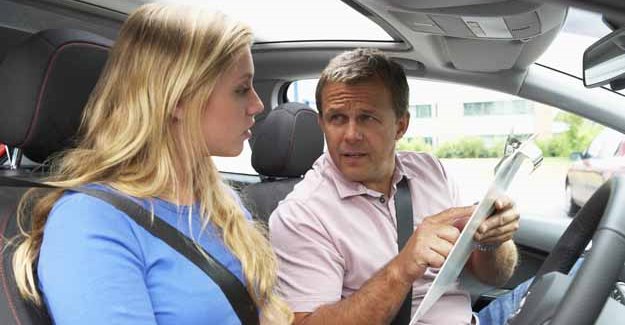68% of the public back restrictions to improve young driver safety
A significant majority of the British public back measures to cut death and injury on the roads through limited restrictions on newly qualified young drivers.
An Ipsos MORI survey for the RAC Foundation shows that 68% of adults support, in principle, the introduction of graduated licensing for those drivers aged 24 and under who have just passed their test. Even amongst young drivers themselves, more support graduated licensing (41%) than oppose it (32%).
Graduated licensing would see limited restrictions on newly qualified young drivers for a period of typically 12 months, thus reducing their exposure to risk as they gain valuable experience on the road.
Today nearly one in eight of all road casualties are hurt or killed in collisions involving a car driver aged 17-19. This is despite this age group making up less than one in sixty of all licensed drivers.
When questioned about specific aspects of graduated licensing, 66% of British adults showed support for limits on the number of passengers newly qualified young drivers could carry and 61% showed support for driving restrictions between midnight and 5 a.m.
Based on the experience of other countries where graduated licensing is in operation, a previous report for the RAC Foundation (by TRL, the Transport Research Laboratory) concluded that if such a system was introduced in Britain about 4,500 fewer people would be hurt in an average year. This includes about 430 people who would otherwise have been killed or seriously injured.
The Ipsos MORI survey also showed that:
- 83% of adults regard young drivers being involved in road accidents as a problem. This is compared to 52% who regard older drivers in accidents as a problem
- 71% of adults agreed that politicians should give more attention to road safety
- 64% of parents say they would ensure their children complied with a graduated licensing system



